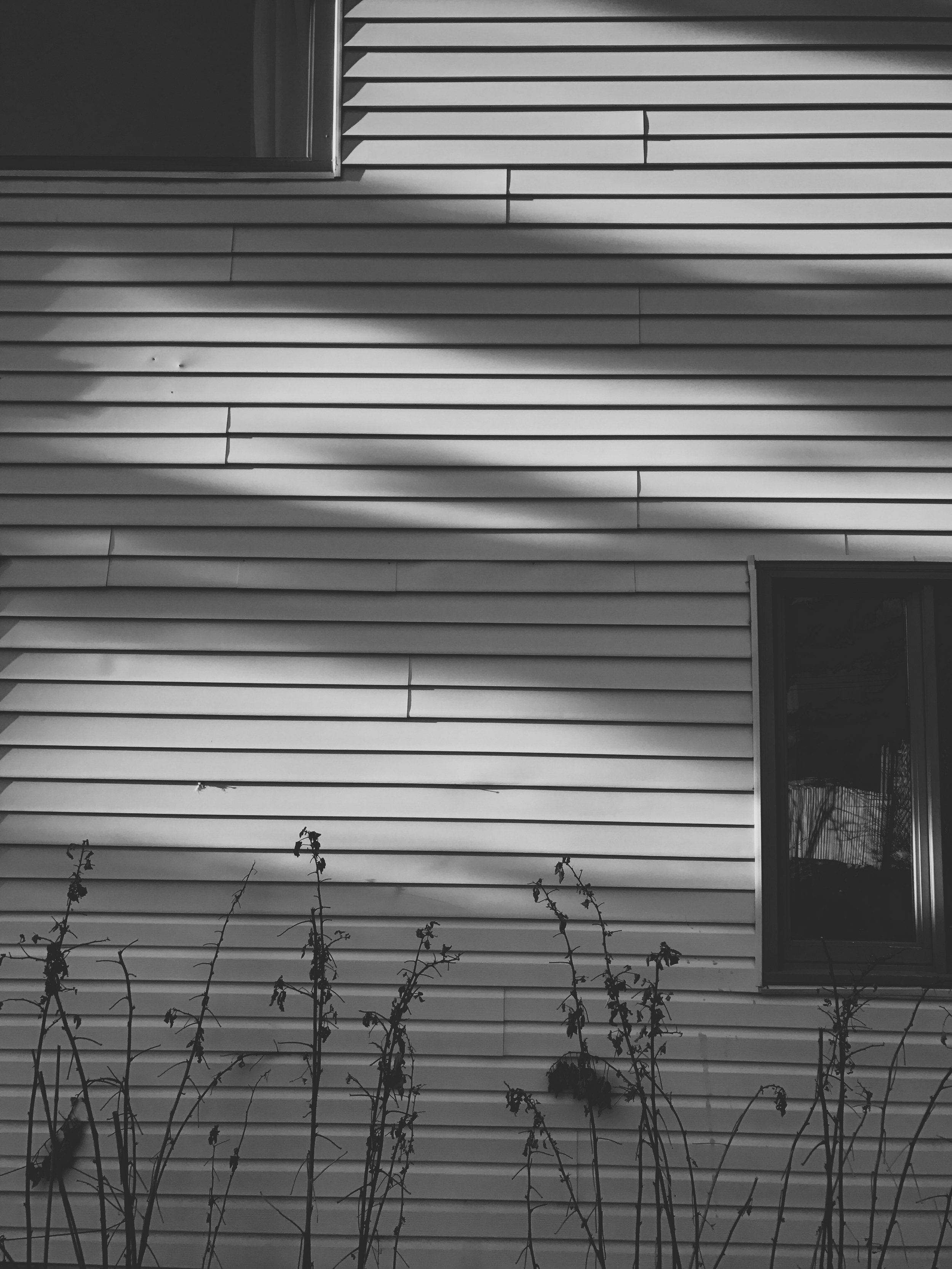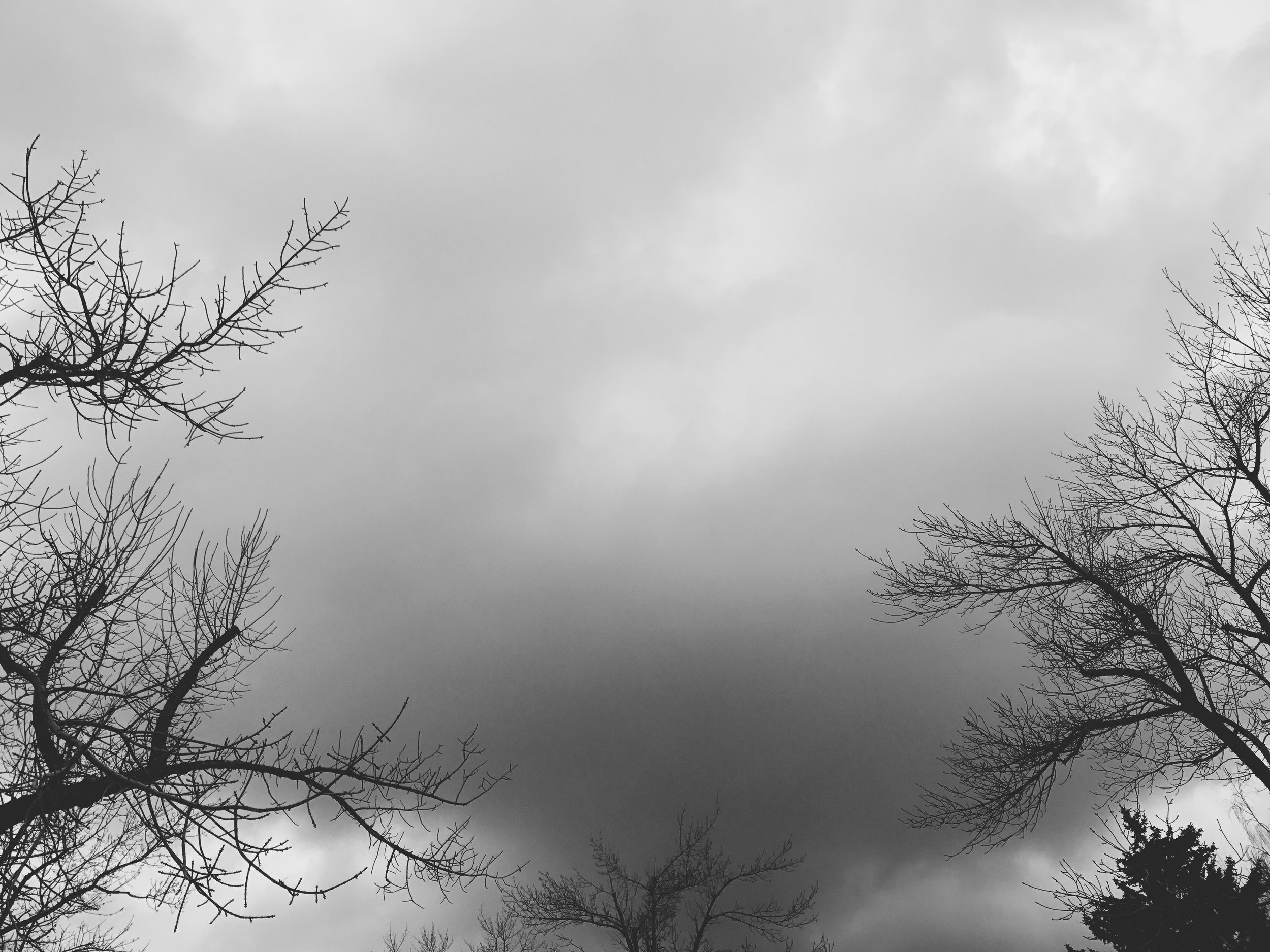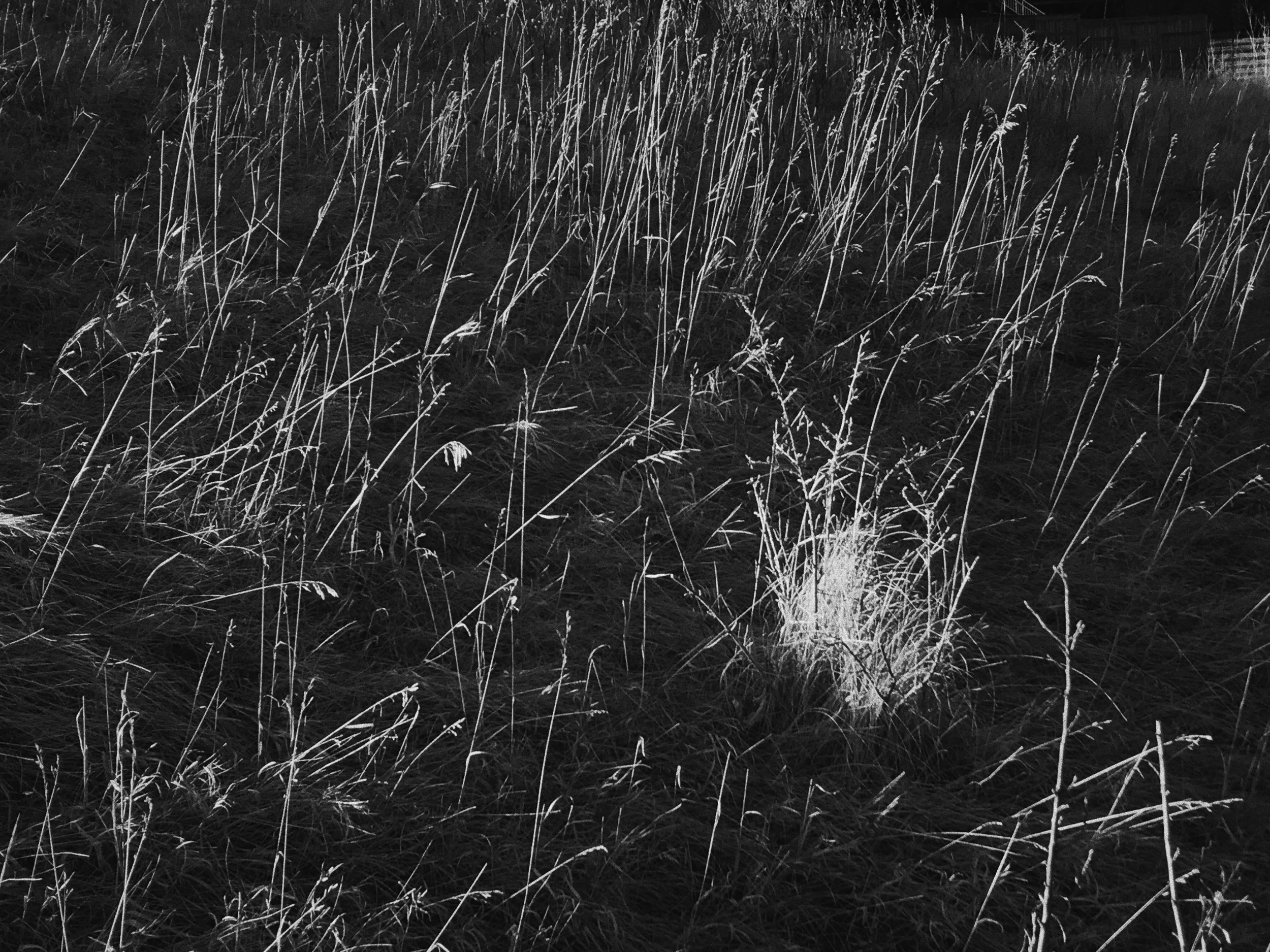It's become an annual habit. Every Spring, in the season of Lent before Easter, I switch my iPhone's camera to black and white and post a photo everyday. It's become a discipline. I do it to prepare for Easter, but I also do it as an annual excuse to be forced to think visually again. I love photography, but amidst my writing and music hobbies it often takes third tier. These annual exercises are excuses to resurrect it.
In past years, I've used collections of poetry as my Lent photo guide. That has become distracting, so this year I've stuck to the Psalms. Every day I would prayerfully read a psalm and hone in on the one verse that I needed most that day. That verse became my prayer, and I would select and edit an image with it in mind.
Here are the results. I'm mostly happy with them. I needed these psalms during that season and I hope that desperation is echoed in the images. I also hope to do more photo projects around the psalms in the years ahead. Perhaps someday the work will result an a sort of illustrated Psalter? That's far in the future. I just know I want to dwell in these ancient prayers all my life, and that includes responding to them in this way.
Who shall ascend the hill of the Lord?
24
To you, O Lord, I lift up my soul.
25
For your steadfast love is before my eyes
26
Let your heart take courage
27
Be their shepherd and carry them forever.
28
The voice of the LORD strips the forests bare
and in his temple all cry, "Glory!"
29
"Oh LORD, be my helper!"
30
My times are in your hand.
31
I shall counsel you with my eye upon you.
32
Those who look to him are radiant,
and their faces shall never be ashamed.
34
Say to my soul,
"I am your salvation!"
35
Oh, continue your steadfast love to those who know you.
36
Be still before the LORD and wait patiently for him; fret not yourself.
37
All my longing is before you
38
For I am a sojourner with you,
a guest, like all my fathers.
39
As for me, I am poor and needy,
but the LORD takes thought for me.
40
At night his song is with me,
a prayer to the God of my life.
42
Send out your light and your truth;
let them lead me;
43
Hear, O daughter, and consider, and incline your ear:
45
God is in the midst of her
46
For God is the King over all the earth
47
We have thought on your steadfast love, O God
48
For he will receive me.
49
Hear, O my people
50
Restore to me the joy of your salvation
and uphold me
51
I will wait for your name
52
Oh that salvation would come out of Zion!
53
the Lord is the upholder of my life.
54
And I would say, "Oh, that I had wings like a dove!
I would fly away and be at rest;"
55
You have kept count of my tossings
56
Monday
I cry out to God Most High,
to God who fulfills his purpose for me
57
Tuesday
surely there is a God who judges
on earth.
58
Wednesday
My God in his steadfast love will
meet me;
59
Thursday
O God, you have rejected
60
Friday
From him comes my salvation
62
Sunday











































